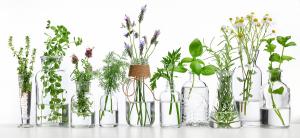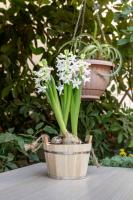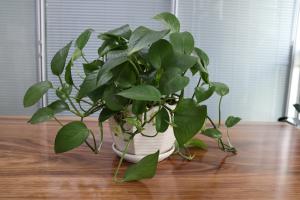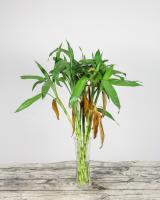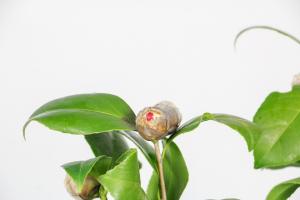Can I Use Rainwater with Added Bleach to Water Plants?
Many people use rainwater to water their plants because it's free, natural, and usually doesn't contain any harsh chemicals that can harm plants. However, rainwater can be contaminated with pollutants, dust, and other harmful substances that can hinder plant growth. One solution to this problem is to add bleach to rainwater before using it for watering plants. But is this safe? Let's find out.
The Pros and Cons of Using Rainwater for Plant Irrigation
Besides being free and natural, rainwater is also ideal for watering plants because it contains essential minerals that plants need to grow, such as nitrogen, potassium, and phosphorus. Rainwater also has a slightly acidic pH level, which is beneficial for acid-loving plants like blueberries, azaleas, and rhododendrons.
However, one disadvantage of using rainwater is that it can contain harmful substances such as pollutants, dust, and bacteria. These pollutants can accumulate on plant leaves and roots and cause damage to plants. Additionally, rainwater is not always available and reliable, especially during dry seasons or in areas where rainfall is scarce. In such cases, gardeners may need to resort to tap water, which can contain chemicals such as chlorine and fluoride that can be harmful to plants.
The Benefits of Adding Bleach to Rainwater for Plant Irrigation
Adding bleach to rainwater can help eliminate harmful pollutants and bacteria that can harm plants. Bleach is a common household disinfectant that can kill many microorganisms, including viruses, bacteria, and fungi. By adding a small amount of bleach to rainwater, gardeners can help prevent plant diseases and ensure healthy plant growth.
However, it's important to note that bleach can be harmful to plants if used in large amounts or too frequently. Excessive use of bleach can lead to chlorine toxicity in plants, which can cause leaf burn, stunted growth, and even death. Therefore, it's crucial to use bleach in moderation and follow proper guidelines when using it for plant irrigation.
The Proper Way to Use Bleach for Plant Irrigation
When using bleach for plant irrigation, follow these guidelines:
Use unscented bleach, as scented bleaches can contain additional chemicals that can be harmful to plants.
Add no more than 1 teaspoon of bleach per gallon of water. This will help ensure that the bleach concentration is not too high.
Let the bleach-water mixture sit for at least 30 minutes before using it for plant irrigation. This will help ensure that the bleach has enough time to disinfect the water.
Only use bleach-treated water for plant irrigation when rainwater is not available. Do not use it on a regular basis, as this can harm plants over time.
The Bottom Line
In conclusion, using rainwater for plant irrigation is a great way to provide your plants with natural, nutrient-rich water. However, rainwater can be contaminated with harmful substances, so adding bleach to rainwater can help eliminate pollutants and bacteria that can damage plants. When using bleach for plant irrigation, it's important to follow proper guidelines and use it in moderation. By doing so, you can ensure healthy plant growth and protect your garden from plant diseases.

 how many times do yo...
how many times do yo... how many planted tre...
how many planted tre... how many pine trees ...
how many pine trees ... how many pecan trees...
how many pecan trees... how many plants comp...
how many plants comp... how many plants can ...
how many plants can ... how many plants and ...
how many plants and ... how many pepper plan...
how many pepper plan...
